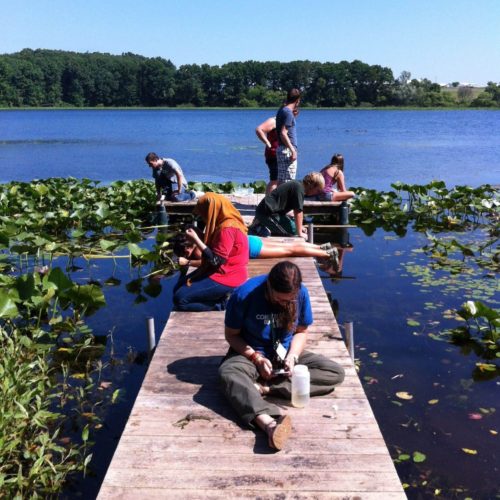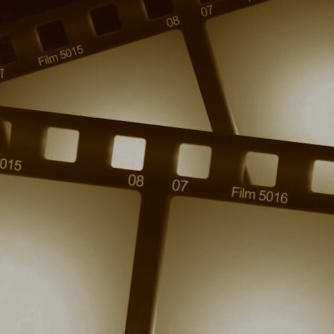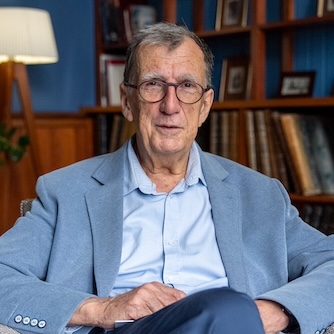The Latour Project
Imagine feeling concurrently bamboozled and enlightened, bewitched and transfixed, alienated and attracted.
That’s how I felt the first time I saw Bruno Latour speak in person. It was 2006 and I attended Latour’s lecture at the urging of a professor who stressed to our doctoral class that Latour was a philosopher-scholar of significant importance. Latour’s lecture was titled, “First and Second Empiricisms,” and in the minutes following its conclusion I remember with great clarity experiencing the powerful, but yet contradictory, emotions listed above. One the one hand, the freshness and novelty of Latour’s ideas were deeply enchanting; on the other, the depth and breadth of his ideas made them frustratingly confounding. Stumbling out of the amphitheater as a second year Ph.D. student, I felt as though I had grasped precious little of the true substance of Latour’s presentation. And yet, in the hours, days, and weeks following his talk I was also overtaken by an insatiable curiosity: I felt a strong urge to grasp more of that which had I been so unable to get a firm grip on during his lecture.
In the many years since, much of my intellectual work has endeavoured to cultivate those precious puffs of anthropological, sociological, and philosophical clouds cast by Latour into the amphitheater on that autumn evening in Ann Arbor, Michigan. My dissertation is one roughly-hewn product of those endeavours. The links below showcase my more recent attempts to engage Latour’s work. Many enthusiastic Latour scholars have skilfully considered his work in relation to their own disciplines: architecture, law, religious studies, and the humanities, for example. The main aim of this project is to bring the ideas of Bruno Latour into education with the modest hope they may circulate more regularly–and feature more prominently–in this community in the coming years.

Dear Bruno
a Substack

Field School for Teachers
pedagogy + anthropology

The Terrabus
pedagogy + pedology

Pedagogy at the End of the World
pedagogy + scientific humanities
More with Latour…




